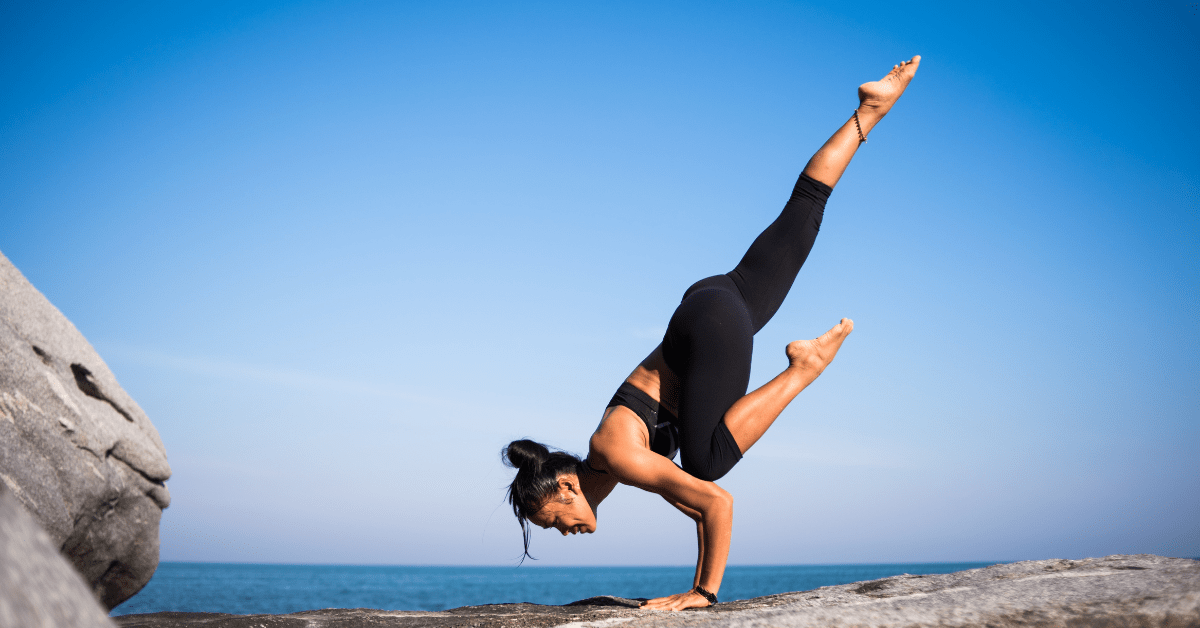While anyone can slip and fall when walking on a slippery surface, this type of accident can be hazardous for seniors. Slipping on ice may cause sprains, broken bones, head injuries, and more. Although an injury such as a broken bone might simply mean a few weeks in a cast for some people, for an older adult, it may impact their health irreversibly.
Why Wintertime Injuries Can Be Deadly for Elders
Unlike children, older people have a much harder time recovering from serious injuries such as broken bones, especially a broken hip. Injuries of this sort can hinder them to the point where they are dependent upon someone else to take care of them.
Prolonged immobility may lead to other health issues like:
- Bedsores -When bedsores go untreated or neglected for long periods, they can worsen and even spread to the muscle or bone. Once bedsore becomes infected, the infection may spread throughout the rest of the body and be fatal.
- Pneumonia -Because pneumonia causes inflammation in the air sacs when left untreated, it can be fatal.
- Blood clots -Blood clots can be extremely deadly should they travel to the brain or the lungs. If a blood clot breaks apart, it can make its way into the bloodstream and cause a life-threatening pulmonary embolism.
Healing Can Be More Difficult in the Wintertime
Cold weather can be very harsh on your skin, making it a bit dryer and cause cuts to heal at a slower rate. Even if a fall doesn’t lead to a bone fracture, sustaining an injury during this time of year can be particularly hard for a senior to heal from. The skin is also the body’s first layer of protection against bacteria; therefore, when the skin is compromised, it can lead to other health issues.
Increased Risk of Hypothermia
Being out in the cold for too long can have dire consequences. If an older person falls and there is no one around to help, they might get hypothermia. Hypothermia can cause a fatal heart attack in an older adult.
How Age Is Related to Deadly Falls
As people get older, their spines tend to be less flexible and may be susceptible to breaking should they fall. As previously mentioned, any injury that leads to limited mobility can be very detrimental to an elderly person’s health.
For instance, falls resulting in head injuries can be life-threatening as older people’s brains don’t typically respond to healing. The most common venue where the elderly may slip or fall include:
- Retirement homes
- Stores
- Restaurants
- Hotels/Motels
- Theaters/Stadiums/Arenas.
An injured person on another person’s or entity’s property hire a personal injury attorney and sue the owner or manager if they were negligent in removing slip-and-fall hazards or failed to alert potential visitors of a hazard that could injure them. (Source: https://pacificwestinjury.com/slip-and-falls/)
Treating Injuries Sustained in a Fall
While treatment is available should an elderly person have a fall, depending on the type of injury sustained, they might not make a full recovery. Although superficial injuries such as lacerations or abrasions can take longer to heal when the temperatures are low, these types of injuries are very much treatable.
However, more severe injuries such as broken bones or head injuries may lead to other issues that can cause their death.
Conclusion
The best thing an older person can do, especially during the colder months, is to avoid falling altogether. Normal range of motion exercises is an excellent way to help the body stay limber, reduce joint pain, and improve balance. When an elderly person has the full range of motion, they can have more stability when walking, which reduces the risk of falls.


















